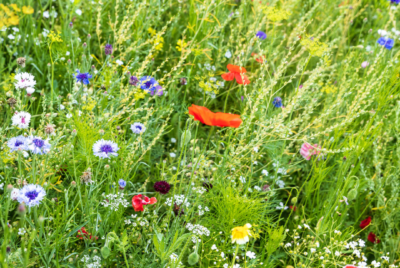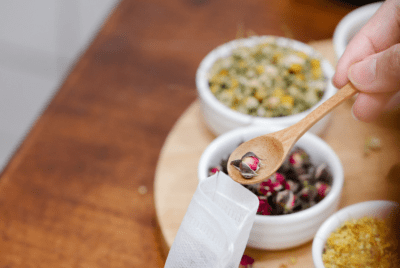RESEARCH
Effectiveness of Therapeutic Gardens for People with Dementia: A Systematic Review
Summary
The study synthesizes findings from 16 quantitative studies on the benefits of therapeutic gardens and gardening therapy for people with dementia. Results indicate that gardening and exposure to green spaces significantly improve engagement, reduce agitation and depression, lower stress, and, in some cases, decrease medication use. Specific improvements were observed in mood, cognitive function, and sleep patterns, while structured gardening activities yielded higher engagement than passive exposure to gardens.
The study highlights the need for more research on garden design elements, as few studies compared different garden layouts, plant types, or environmental features. Additionally, the effects varied based on dementia severity and garden accessibility. While evidence supports the therapeutic value of gardens in dementia care, future research should focus on standardizing intervention protocols and measuring long-term effects







